Agronomy
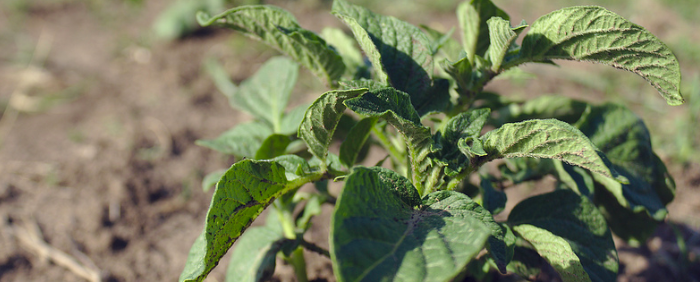
Recognize and understand plant deficiencies
August 6, 2018This article aims to help you ask the right questions and make the right decisions when you notice that a plant is “tired”. The chemical and detailed understanding of what is happening is not the subject of this article, it is frankly too complicated – but if that tells you, a link at the bottom of the article […]
Read More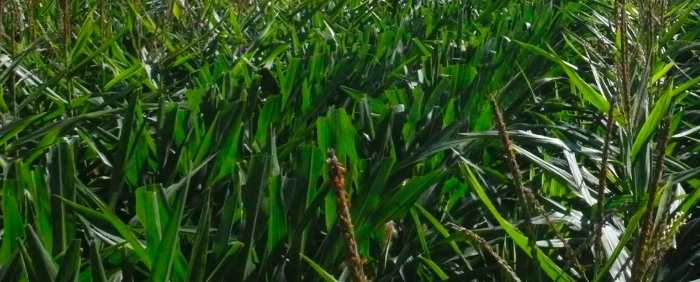
How will maize adapt to climate change?
July 10, 2018Climate change is a reality. Agronomists are already working on the most suitable field crop varieties to maintain good yields. And that, even when the water is missing, the temperature increases and the climatic hazards multiply! Corn will gradually move Maize yields in the south-west have stagnated in recent years. Because if corn needs warm temperatures, it also […]
Read More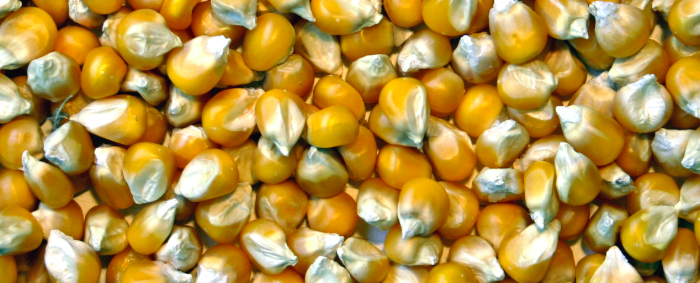
Corn, the “organic” plant of our countryside
July 10, 2018Every summer, the French countryside is covered, as far as the eye can see, with fields of corncobs. No less than 3 million hectares are cultivated in France, year after year, with this grass. It is also the first cereal production in the world! Used exclusively for food and feed for a long time, new outlets are emerging […]
Read More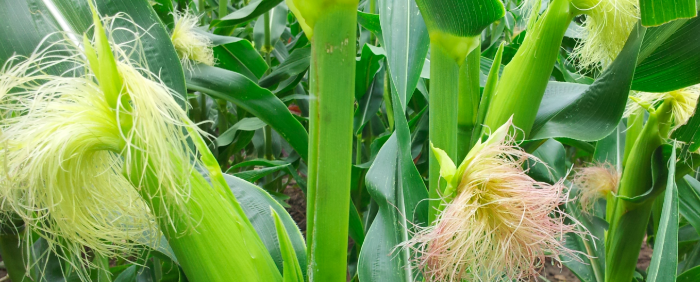
Upstream of maize cultivation, seed production
July 10, 2018With the arrival of April, the start of corn planting was given everywhere in France. From July, the fields of landscapes of the Hexagon will be colored green, as the foliage system of the plant occupies the space. The seeds sown by the farmers in their fields were produced the previous year by specialized companies, seed companies, […]
Read More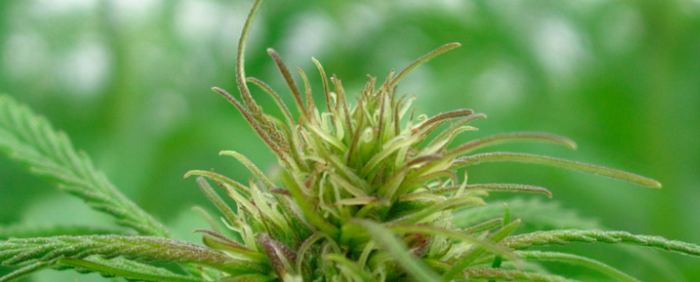
Hemp, THC (Tetrahydrocannabinol) with vegetable oils
July 10, 2018In current discourse, hemp (from Latin Cannabis) is most often equated with the molecule of THC (Tetrahydrocannabinol). However, the plant has evolved considerably over the decades … There are certainly still, around the world, plots of hemp grown for its hallucinogenic substances. But let’s not forget that hemp is a plant native to Central Asia, cultivated for more […]
Read More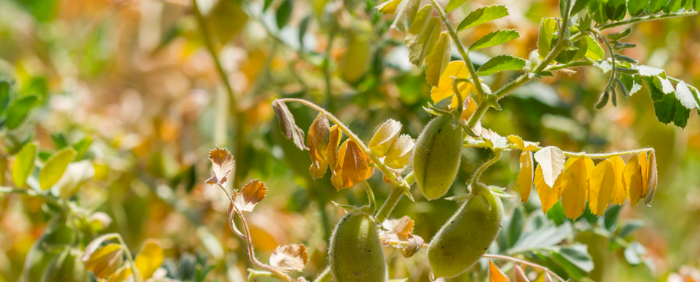
CHICKPEA, an ecological crop source of protein
July 7, 2018Chickpea is full of treasures. For example, its cooking juices found in tin cans are rich in albumin, the egg whites protein that keeps whites in snow. You can put this juice in snow to make a very successful vegan chocolate mousse without using eggs! More usually, chickpeas are known in couscous, but where does it come […]
Read More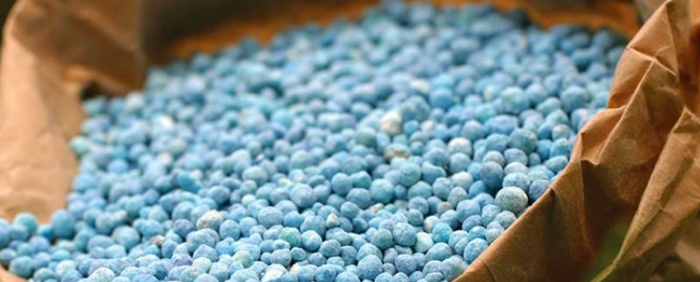
FERTILIZER: an ASSET for the plants, a PLAGUE for the soil
June 28, 2018Fertilizers stimulate plant growth, but they would alter soil stability. This is shown by research, based on 50 years of study of a cornfield subjected to different rates of inorganic fertilizers. Explanations on this result. The use of fertilizers has significantly increased crop yield. For example, it has quadrupled the profitability of wheat since 1950. Intensive agriculture mainly uses inorganic fertilizers, such as nitrogen and […]
Read More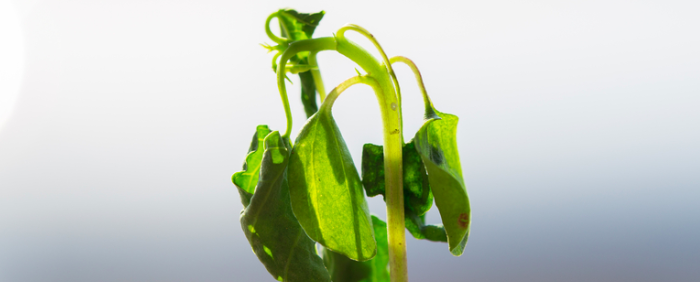
8 TIPS FOR RESURRECTING (RESTORE) A DEAD PLANT
June 27, 2018You do not have a green thumb? No problem! These 8 tips will allow you to revive a plant (almost) dead. Try these gardening tips to resurrect dead plants before throwing your last victims into the compost bin. Look for the slightest signs of life Do not be fooled by appearances: it is not because the leaves are […]
Read More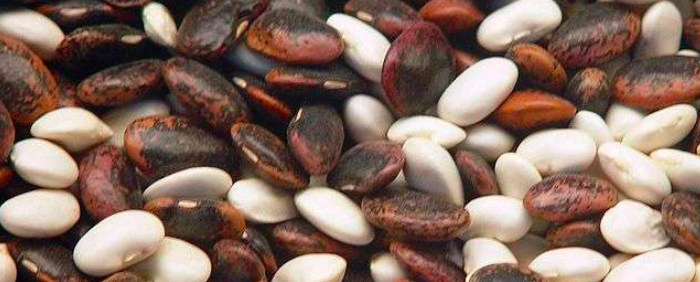
The domestication of the bean
June 26, 2018The analysis of the bean genes sheds light on the regions of the genome selected during its domestication by humans. These genes are also potential targets for improving its culture, beans being particularly interesting because it fixes atmospheric nitrogen. The bean is a plant of the family of legumes which, with its different varieties, represents the […]
Read More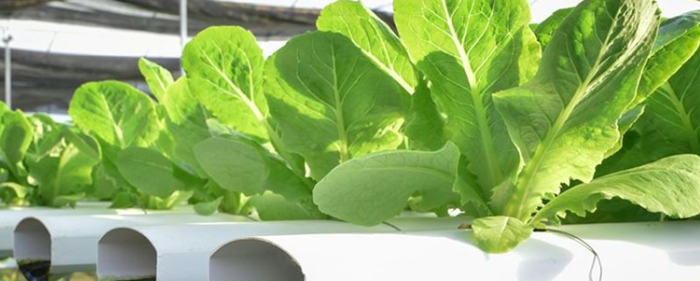
How does HYDROPONICS work?
June 26, 2018The hypodronic culture literally translates to work with water. This horticultural technique makes it possible to efficiently produce an aboveground crop . Definition of hypodronic culture Hydroponics is an ancient technique, which is actually an off-ground crop; the plants are therefore grown under glass. To do this, the earth that is usually used is replaced by a sterile substrate, like clay balls or rockwool. It is up to the […]
Read More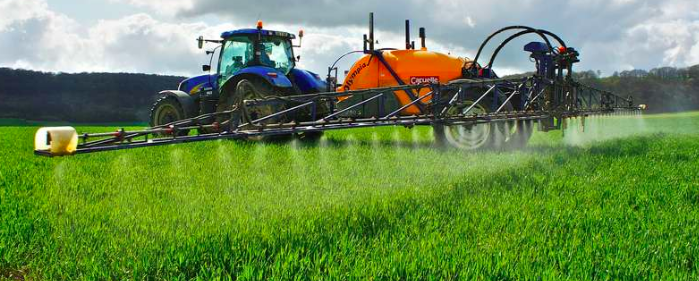
PROFITABLE AGRICULTURE WITH LESS HERBICIDES? It’s possible!
June 25, 2018The massive use of herbicides in agriculture is a question. But could we do without it? To find out, INRA has been experimenting for 12 years in Burgundy. The research engineer Nicolas Munier-Jolain draws up a rather positive assessment of these crop protection systems. Using some levers, the amount of herbicides used was divided by 3! The plants weeds , more […]
Read More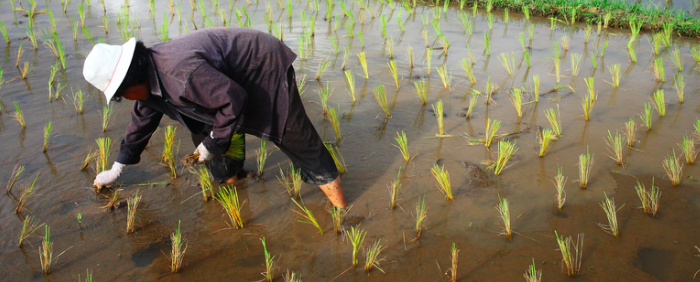
Rice for 200 million people
June 23, 2018And if a discovery could feed the planet? According to MaxiSciences, Chinese scientists have managed to develop a brand new variety of rice that could feed 200 million people. What is special about this rice is that it can be grown in salt water. For example, China – hundreds of thousands of square kilometers of land are […]
Read More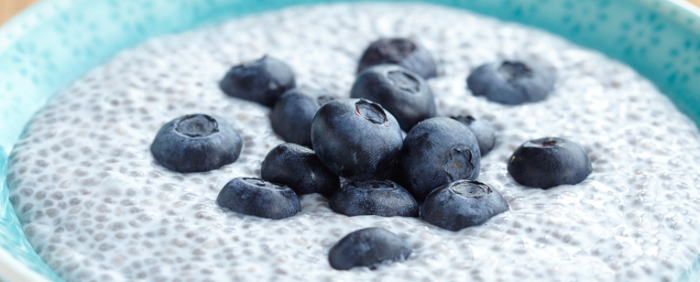
Seeds of chia: 15 benefits and virtues slimming of the seed of chia
June 23, 2018Rich in nutrients, chia seeds are low in calories. Here are the 15 benefits of this superfood with many health benefits that can help you achieve and maintain a healthy weight. The chia seeds and their benefits: the chia seed regulates the appetite, helping to better control its weight Considered a superfood , chia seeds have many benefits […]
Read More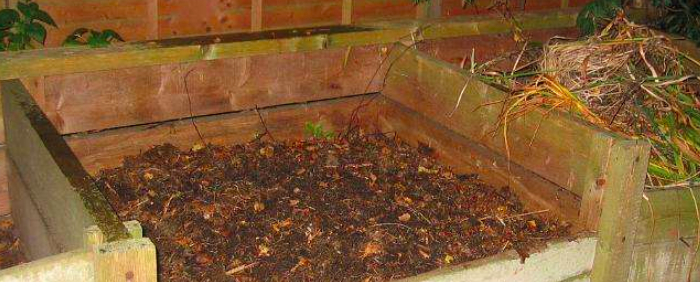
How to make compost?
June 7, 2018Your garden or your plantations need fertilizer? The compost is an ecological and economical solution to meet your needs. Below, the procedure to follow to make a good compost. 1) Recycle household waste The principle of composting is based on the recycling of your waste. But all is not good to compost! The waste concerned must be solely organic. These are the ones that will fertilize […]
Read More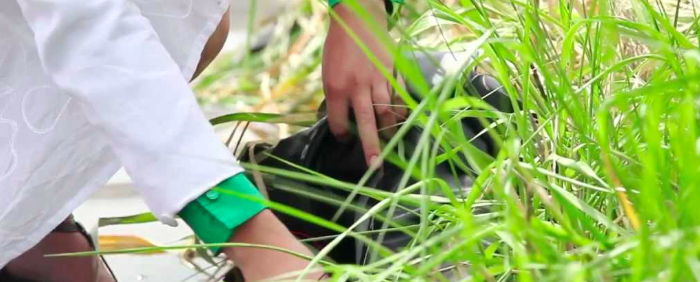
A biofuel directly produced by photosynthesis
May 19, 2018By cleverly modifying the workings of photosynthesis by bacteria, researchers have managed to make them make hydrogen gas. What transform these microorganisms into plants to make biofuel used in fuel cells. Operating diagram of a fuel cell. The molecular hydrogen produced during photosynthesis could be used as the main fuel. A fuel cell provides current from hydrogen and […]
Read More